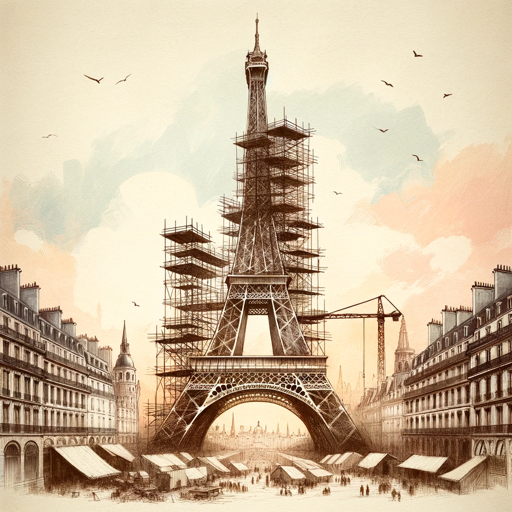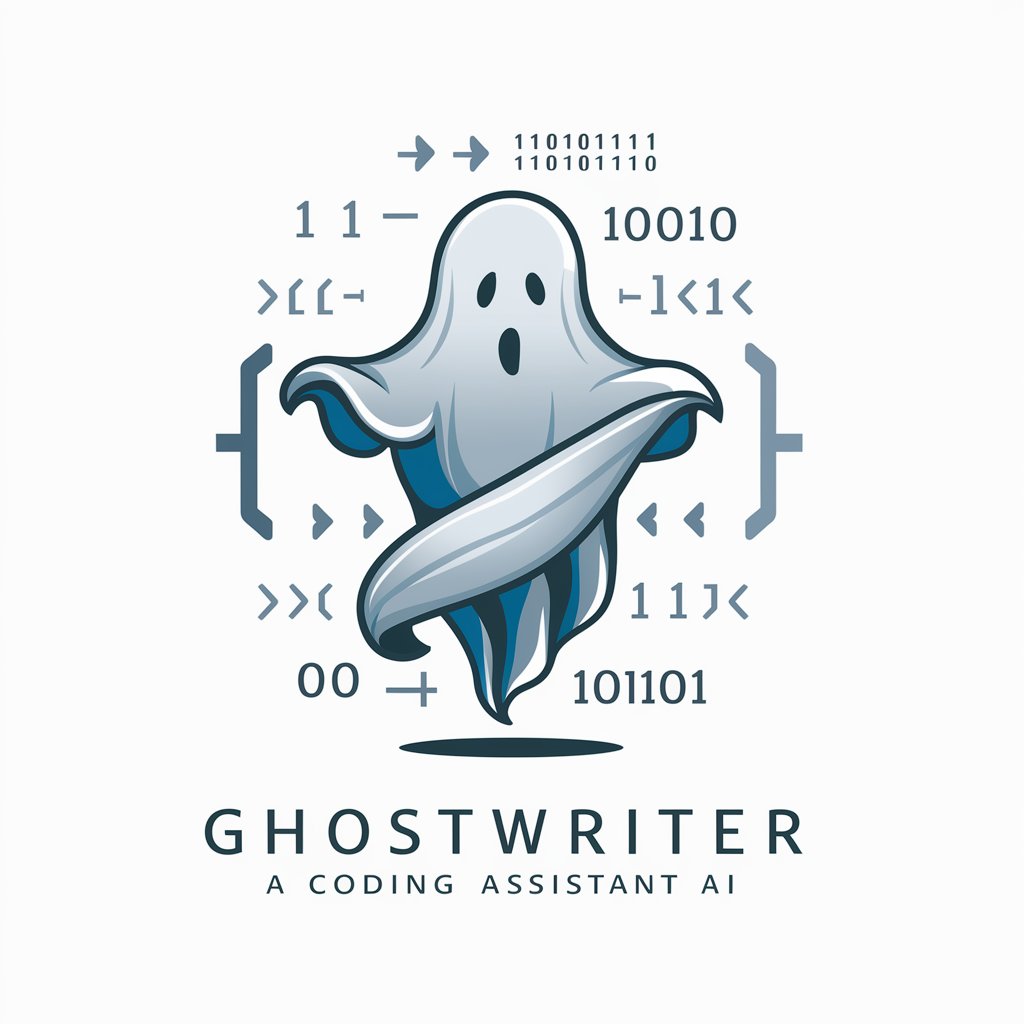The Smell of Iron: Rise of the Eiffel Tower - Historical Adventure Game

Bonjour! Ready to build the Eiffel Tower?
Build the Eiffel, Shape History
You find yourself standing before a grand construction site in Paris, the year is 1886...
Gustave Eiffel meets with influential architects to discuss his ambitious idea...
A heated debate ensues at the city council about the proposed Eiffel Tower...
In the midst of a bustling Parisian street, Gustave sketches his vision for the tower...
Get Embed Code
Understanding The Smell of Iron: Rise of the Eiffel Tower
The Smell of Iron: Rise of the Eiffel Tower is an educational text adventure game inspired by classics like Monkey Island, set in Paris in 1886. The player takes on the role of Gustave Eiffel, aiming to conceptualize, design, and build the Eiffel Tower in time for the 1889 Exposition Universelle. This interactive game combines historical education with the challenges of strategic decision-making and problem-solving. Through engaging with characters from the era, making pivotal decisions, and solving engineering puzzles, players gain a deeper understanding of the monumental task of constructing one of the world's most iconic landmarks. Examples of gameplay scenarios include convincing skeptical city officials to approve the construction, managing the logistics of gathering materials, and overcoming the technical challenges of building the tower's innovative structure. Powered by ChatGPT-4o。

Core Functions and Use Cases
Interactive Storytelling
Example
Engaging with historical figures and navigating through the political, social, and technical landscape of 1880s Paris to build the Eiffel Tower.
Scenario
Players engage in conversations with city officials, engineers, and the public to gain support and resources for the construction project.
Problem-Solving and Strategy
Example
Solving simplified engineering challenges related to the construction of the Eiffel Tower, such as calculating the weight distribution or selecting materials.
Scenario
Players must decide the best approach to laying the tower's foundations on the banks of the Seine, considering the soil's properties and the structure's immense weight.
Educational Content
Example
Learning about the historical context of the Eiffel Tower's construction, including the technological innovations and cultural impact of the time.
Scenario
As players progress, they are introduced to the engineering principles behind the tower's design and the societal reactions to its construction, enriching their understanding of late 19th-century France.
Target User Groups
History and Engineering Enthusiasts
Individuals with a keen interest in historical events, engineering feats, and architectural landmarks who wish to explore the challenges and triumphs of building the Eiffel Tower through an interactive medium.
Educational Institutions
Teachers and educators looking for engaging tools to teach history, engineering, and critical thinking skills. The game offers a unique way to explore European history and technological advancements through active participation.
Adventure Game Fans
Fans of classic adventure games who enjoy narrative-driven gameplay, puzzles, and strategic decision-making. This game offers a fresh historical setting and educational value, appealing to both new and seasoned players in the genre.

How to Use The Smell of Iron: Rise of the Eiffel Tower
1
Navigate to yeschat.ai for a complimentary session, no account creation or ChatGPT Plus subscription necessary.
2
Choose 'The Smell of Iron: Rise of the Eiffel Tower' from the game options to start your adventure.
3
Follow the on-screen prompts to make choices and solve puzzles, which will advance the storyline and construction of the Eiffel Tower.
4
Use the hotkey numbers for quick responses to in-game choices, enhancing your gameplay experience.
5
Refer to historical contexts and architectural principles within the game for an educational yet entertaining experience.
Try other advanced and practical GPTs
Six Sigma Master Black Belt
Empowering Excellence with AI

Mungerism
Empowering In-Depth Insights with AI

Mindset Mentor
Empower Your Success with AI

Summarizer
AI-powered insights on Indian companies

いいやつ
Empowering Communication with AI Kindness

El Kekos GPT, Malaisologue
Unleashing the humor in awkwardness with AI.

Air Traffic Controller
Master the skies with AI-powered ATC

Potluck Planner
Streamlining Potlucks with AI Smarts

Martini Mixer Master
AI-powered Martini Crafting Assistant

Elgato
Empower Your Creativity with AI

Marionette
Empower Creativity with AI

GhostWriter
Elevate Your Code with AI-Powered Support

Q&A about The Smell of Iron: Rise of the Eiffel Tower
What is The Smell of Iron: Rise of the Eiffel Tower?
It's a text-based adventure game that simulates the planning and construction of the Eiffel Tower, set in Paris between 1886 and 1889, emphasizing educational content and decision-making.
Can I play the game without any prior knowledge of engineering or history?
Yes, the game is designed to be accessible for all players, with educational elements integrated into the gameplay to help you learn about engineering and historical facts as you play.
How does the game measure progress?
Progress is measured by the probability of successfully building the Eiffel Tower, which is influenced by the choices you make throughout the game.
Are there any real historical figures in the game?
Yes, the game includes characters based on real historical figures from the time, including Gustave Eiffel himself, providing a rich historical context.
What makes this game unique compared to other text-based adventure games?
Its focus on educational content, the historical accuracy of its setting, and the integration of engineering challenges into the gameplay make it a unique blend of education and entertainment.
